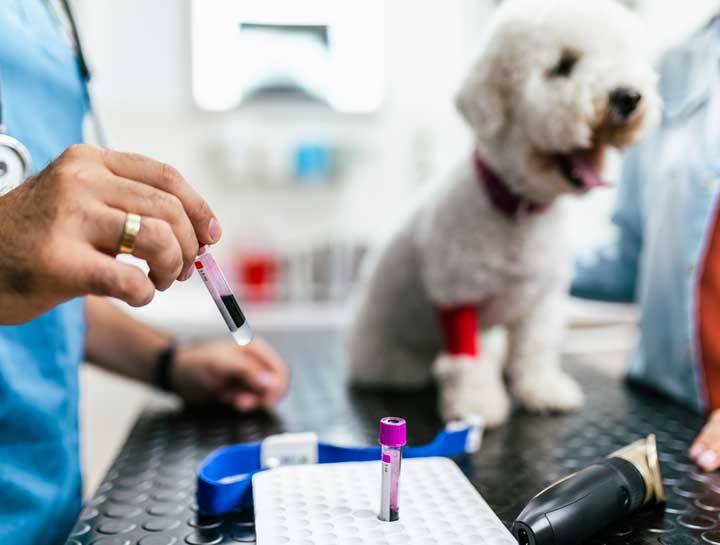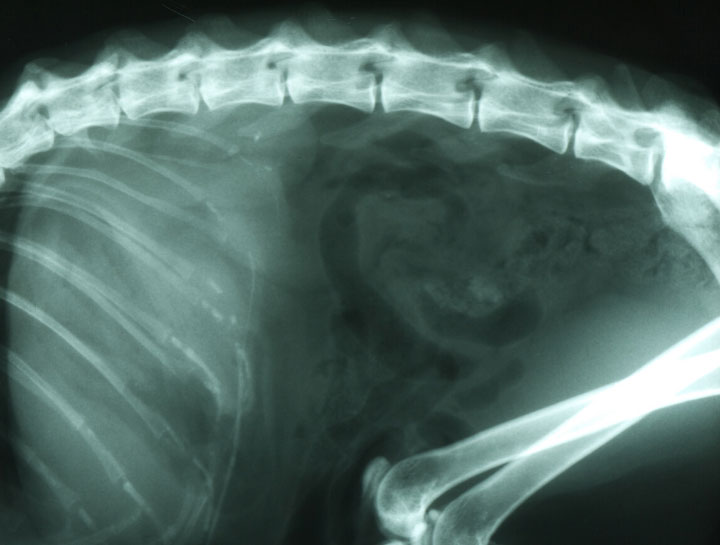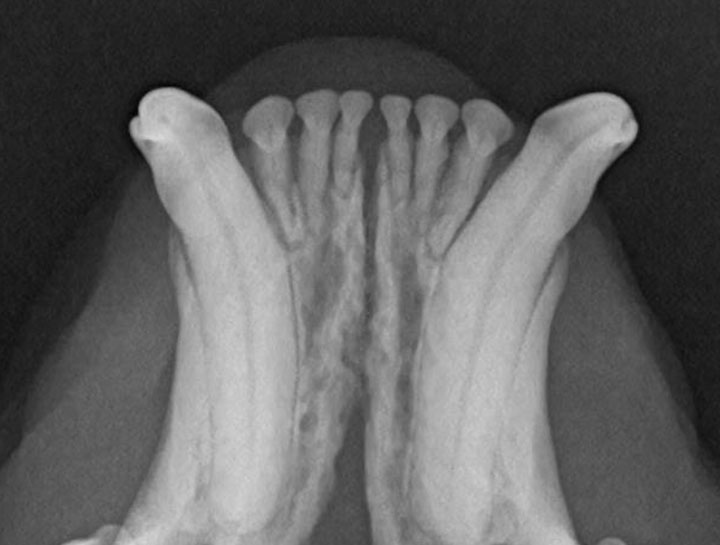Diagnostics
Lab testing, heartworm testing, etc.
Optimal wellness and preventative care includes a comprehensive evaluation comprised of examinations, vaccinations, heartworm and external parasite preventatives, lifestyle discussions, and laboratory testing. After performing a thorough examination, diagnostic tests are sometimes necessary. Laboratory tests help to examine systems that we cannot see with our eyes or feel with our hands.
Many medical conditions are not associated with clinical signs. Early identification of underlying disease, in apparently healthy animals, will allow for early intervention and will ultimately improve the quality and quantity of their life.
Laboratory Testing
Laboratory testing can provide vital information about your pet’s health. At ZippiVet, our advanced in-house diagnostic lab allows us to perform complete blood counts, blood chemistry panels, electrolytes and enzyme levels, urinalysis, fecal exams, heartworm and tick-borne disease testing, and more.
Many test results are available in 30 minutes or less, allowing us to act quickly in response to any health concern. Additional specialized testing is submitted to a reference laboratory when needed.
Heartworm Testing
Texas is a hotspot for this parasite, which can affect dogs and cats. Adult heartworms infect the right chambers of the heart and large blood vessels of the lungs. The young heartworms are transmitted from pet to pet by mosquito bites. Annual testing is recommended by the American Heartworm Society, even if a pet is on preventatives, to catch infections early in case there was an opportunity for transmission. The test only requires a small amount of blood and is usually performed in-house with results in minutes.
Fecal Parasite Screenings
Our Texas weather provides the perfect breeding ground for a host of bugs and worms. In Austin and the surrounding communities there is a large pet and wildlife presence adding to the parasite burden. Our pets and local wildlife share parks and common areas for potty breaks making it easier to transmit and share illness.
Many puppies and kittens are born with roundworms, hookworms or both. These worms or intestinal parasites are passed from the mom to her babies either during pregnancy or while nursing. These tiny parasites can cause poor growth, diarrhea, vomiting or death in young pets.
Adult pets are not immune to these parasites. Pets who come into contact with other animals’ feces, eat grass, or drink from untreated water sources like creeks and lakes may end up with bloody, runny stool or vomiting caused by intestinal parasites.
Having your pet tested annually for intestinal parasites is important for wellness care. Since the eggs are microscopic, many times you won’t be able to see any evidence with the naked eye. Identification of any intestinal parasites before symptoms occur can prevent large vet bills in the future.
Mature Pets (older than 7 years)
The American Animal Hospital Association (AAHA), American Association of Feline Practitioners (AAFP) and ZippiVet recommend that mature pets over the age of 7 have annual blood work to identify potential health issues before they become a problem, and provide early intervention.
Learn more about our diagnostic services here:

Pet Digital Radiology
Gaining in-depth insight to your pet's health
Digital Dental Radiology
Gaining insight to your pet's dental health


